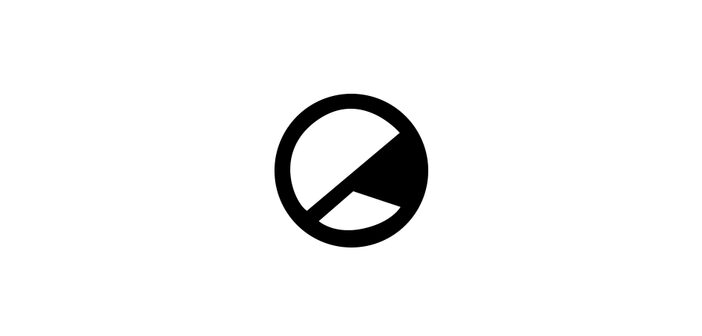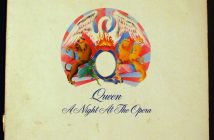British writer Kazuo Ishiguro has been announced as the winner of the Nobel Prize for Literature 2017.
Ishiguro is the 114th winner of the Swedish 9m krona award, given to an author who has “produced in the field of literature the most outstanding work in an ideal direction”, as described by the award’s founder, Alfred Nobel. Nominees for this year’s prize also included Margaret Atwood, Ngugi Wa Thiong’o and Haruki Murakami.
The Swedish Academy praised Ishiguro for his “emotional integrity”, and the Academy’s secretary, Sara Danius, described him as “a writer of great integrity”, “a little bit like a mix of Jane Austen, comedy of manners and Franz Kafka”.
“He is someone who is very interested in understanding the past, but he is not a Proustian writer, he is not out to redeem the past, he is exploring what you have to forget in order to survive in the first place as an individual or as a society,” she said.
Ishiguro, author of novels such as The Remains of The Day and Never Let Me Go (both adapted for the screen) described receiving the award as “a magnificent honour, mainly because it means that I’m in the footsteps of the greatest authors that have lived, so that’s a terrific commendation.”
“I’ll be deeply moved if I could in some way be part of some sort of climate this year in contributing to some sort of positive atmosphere at a very uncertain time.”
Ishiguro was born in Nagasaki, Japan, and his family moved to Britain when he was five. He studied English and Philosophy at the University of Kent, and he published his thesis as his first novel, A Pale View of Hills, to great critical acclaim. He went on to win the Booker prize for The Remains of the Day in 1989, and was made an OBE in 1995.
His latest novel The Buried Giant, published two years ago, was praised by the Academy for the way that it “explores, in a moving manner, how memory relates to oblivion, history to the present, and fantasy to reality.”
BREAKING NEWS The 2017 #NobelPrize in Literature is awarded to the English author Kazuo Ishiguro pic.twitter.com/j9kYaeMZH6
— The Nobel Prize (@NobelPrize) October 5, 2017




